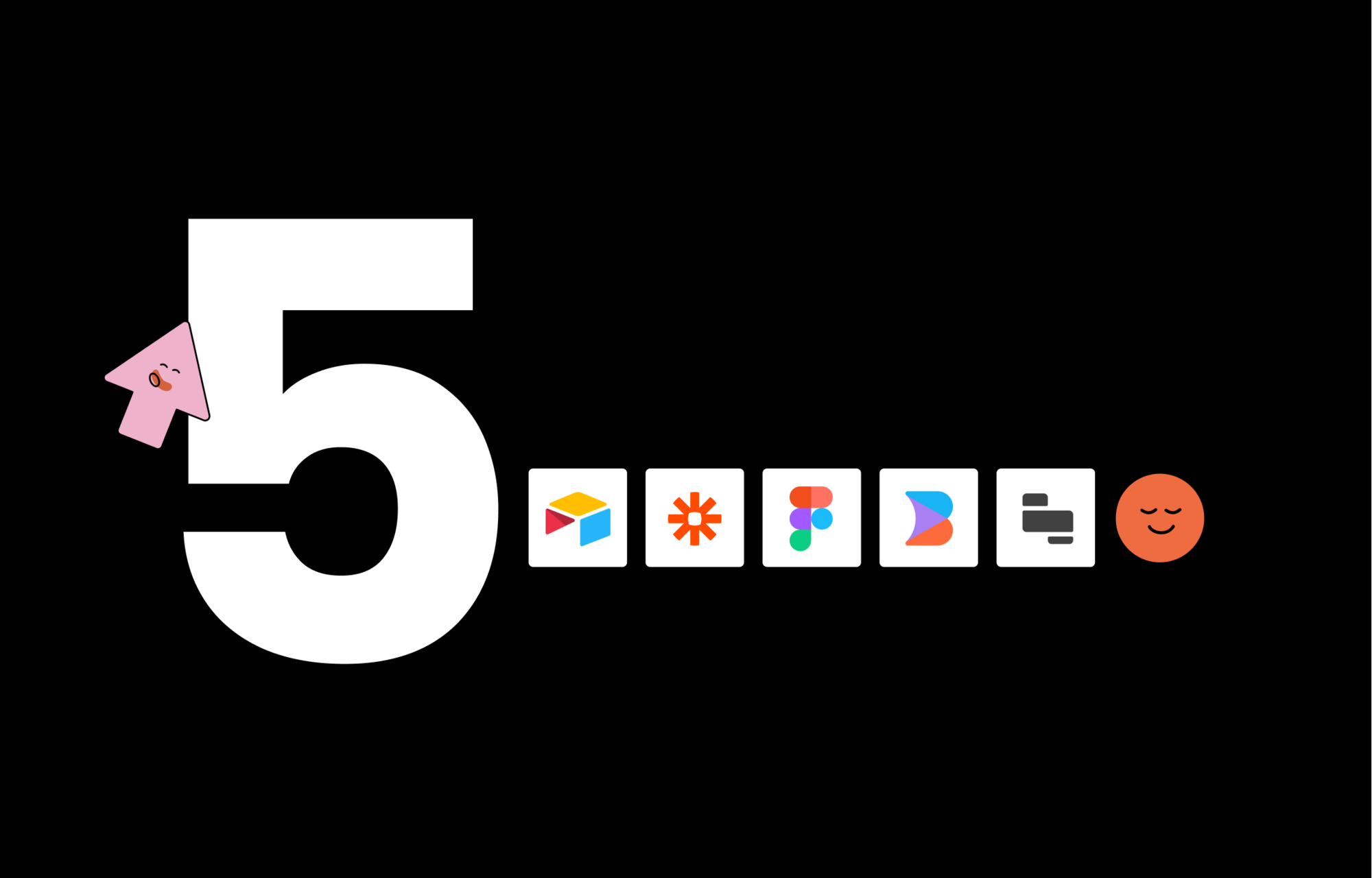No-code tools have been quite popular recently, and for good reason: they can significantly boost productivity and team collaboration, simplifying and automating tedious processes.
In the past, no-code tools weren't easily extensible by code and APIs. This meant they limited what you could achieve with them. But fortunately for us developers, this is no longer the case.
These are my top five recommendations for no-code tools, and the reasons every developer should take a look at them for their next project.
1. Airtable
Airtable is a powerful tool for creating databases with no code that non-developers can edit and manage. You can also connect to it via APIs to read and write data as well.
As opposed to a typical spreadsheet, Airtable is structured like a relational database. This makes it easy to plug into and power typical developer workflows, while still being fully collaborative.
2. Zapier
Zapier allows you to create backend workflows with no code. Compared to setting up your own backend infrastructure, logic, and connections, Zapier is a breeze.
Additionally, creating custom integrations into Zapier is simple and easy.
3. Figma
Figma is a fantastic collaborative design tool. It has great support for design systems, as well as grabbing code snippets for styles used on any element.
You can also use HTML to Figma to convert your code to Figma designs, and JSX Lite to convert Figma designs to code of your framework of choice.
4. Builder.io
Builder.io plugs into any site or app and allows you and your teammates to drag and drop to build content and pages with no code.
It even supports bringing your own code components (React, etc.) into the visual editor. This means you still get to build and control the code, but also get instant drag-and-drop support for the rest of the team.
It works with any tech stack, and is fast and incredibly customizable.
5. Retool
If you’re making custom internal tools, take a peek at Retool. It has a ton of integrations for popular databases, and makes it very easy to make powerful custom read/write apps for internal purposes quickly.
Retool can also be easily extended with custom code and components as well.
Conclusion
No-code technologies are a game-changer. They transform the way business teams with varying development skills work together, and allow everyone in a globally-distributed workforce to stay on the same page, collaborate efficiently, and create impact. Developers no longer have to be tasked with every single process, and non-developers don’t have to rely on developers for minor updates.
Builder.io visually edits code, uses your design system, and sends pull requests.
Builder.io visually edits code, uses your design system, and sends pull requests.




 Connect a Repo
Connect a Repo











